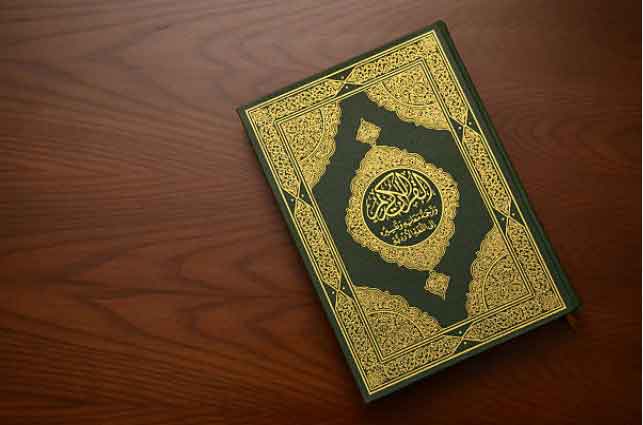In Arabic, Qalqalah (القلقلة) means to shake or disturb. In Tajweed (the rules of Quranic recitation), it refers to bouncing or echoing the sound when pronouncing specific letters. It happens when the sound of a letter is not allowed to flow freely, due to its strong characteristics: “Jahr” (vocal strength) and “Shiddah” (pressure). This causes […]
Quran reading
The Articulation Points (Makharij) of Arabic Letters
Understanding where every Arabic sound comes from Each Arabic letter has a unique articulation point—called a Makhraj (مَخْرَج)—from which it originates. You can recognize a letter’s Makhraj by placing a sukoon ( ْ ) or a shaddah ( ّ ) on it and pronouncing it clearly. Sometimes, multiple letters may share the same articulation point. […]
Understanding Pause Signs (Waqf) in the Quran
Reading the Quran isn’t just about pronunciation—it’s also about knowing where to pause and where to continue. That’s where Quranic pause signs (علامات الوقف) come in. These symbols, developed by early Quran scholars, guide us in making our recitation smoother, more meaningful, and respectful to the sacred text. Whether you’re a beginner or brushing up […]
Online Quran Learning for New Muslims: Where to Start
Introduction to Quran Learning for New Muslims Learning the Quran is a foundational journey for every Muslim, especially those who are new to Islam. The Quran offers guidance, values, and principles central to a Muslim’s life. Starting this journey online brings numerous benefits and is often a suitable choice for beginners, offering structure, flexibility, and […]
Do I Focus on Memorization or Understanding Quran?
A common question among Muslims today is: “I read the Quran, but I don’t understand Arabic, so I don’t gain much from reading it. Shouldn’t I just read it in English instead?” Some even ask, “Why focus on memorizing the Quran when I don’t understand its meaning? Shouldn’t we focus on reading and understanding rather […]





